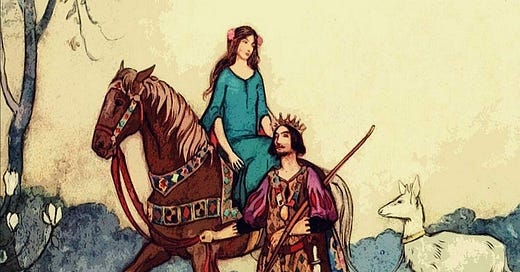The Dragon and The Raven 18
Study Guide Questions for Ch. 18 “Freda Discovered”
If you are looking for the beginning of the study for G. A. Henty’s The Dragon and The Raven then you can go HERE for a brief introduction. At the bottom of the introduction you will find the links to each section of the study guide as it becomes available. If you would like to see the growing list of book studies available for free on this site you can go HERE. Enjoy!
Virtues/Vices/Great Ideas: (Find them in the Text)
Perseverance, Destruction, Despotism, Temperance, Courage, Music, Prudence
Grammar Questions: (The Information of the Text)
How well guarded was the house which Sweyn occupied?
What fear did Edmund express to Siegbert?
What did the Genoese nobleman say was “shame and disgrace?”
Who attacked Edmund and his party and what stopped the fight?
To whom did the attackers take Edmund and his remaining men?
Describe how the people treated Edmund and his men once they realized they were friends?
What did the local inhabitants agree to do in order to help Edmund in his cause?
What was going on as Edmund entered the room with Freda?
What message did Edmund give to Freda?
What did Sweyn convince his men to not do?
Logic Questions: (Interpreting, Comparing/Contrasting, Reasoning)
“Divide and conquer” is a tried and true war strategy. How did Edmund suggest they might make use of this strategy in our current chapter?
What might be inferred about the character of the “older man” who prevented the peasants from executing Edmund and his group?
What might be inferred about the study of languages from the fact that Edmund could understand some of the Italian language because he knew French?
Why is it amusing for G.A. Henty to have written that at the head of the table “sat Sweyn with Freda on his right hand?”
Magicians use the principle of “misdirection” in order to accomplish many of their tricks (drawing the audience’ attention one direction while accomplishing an action elsewhere). How does misdirection come into play in this reading?
How does Sweyn show himself capable of prudent behavior (despite his often acting recklessly)?
Rhetoric Questions: (The Analysis of Ideas in the Text)
What role does story and song play in society? Why are stories and songs a part of every society, both civilized and barbaric? In light of your answers to the first two questions, answer a third: What responsibilities do we have when it comes to making (or listening to) stories and songs?
Theological Analysis: (Sola Scriptura)
Read Luke 10:25-37. What points of comparison and contrast can be made between this passage of Scripture and our current reading?



